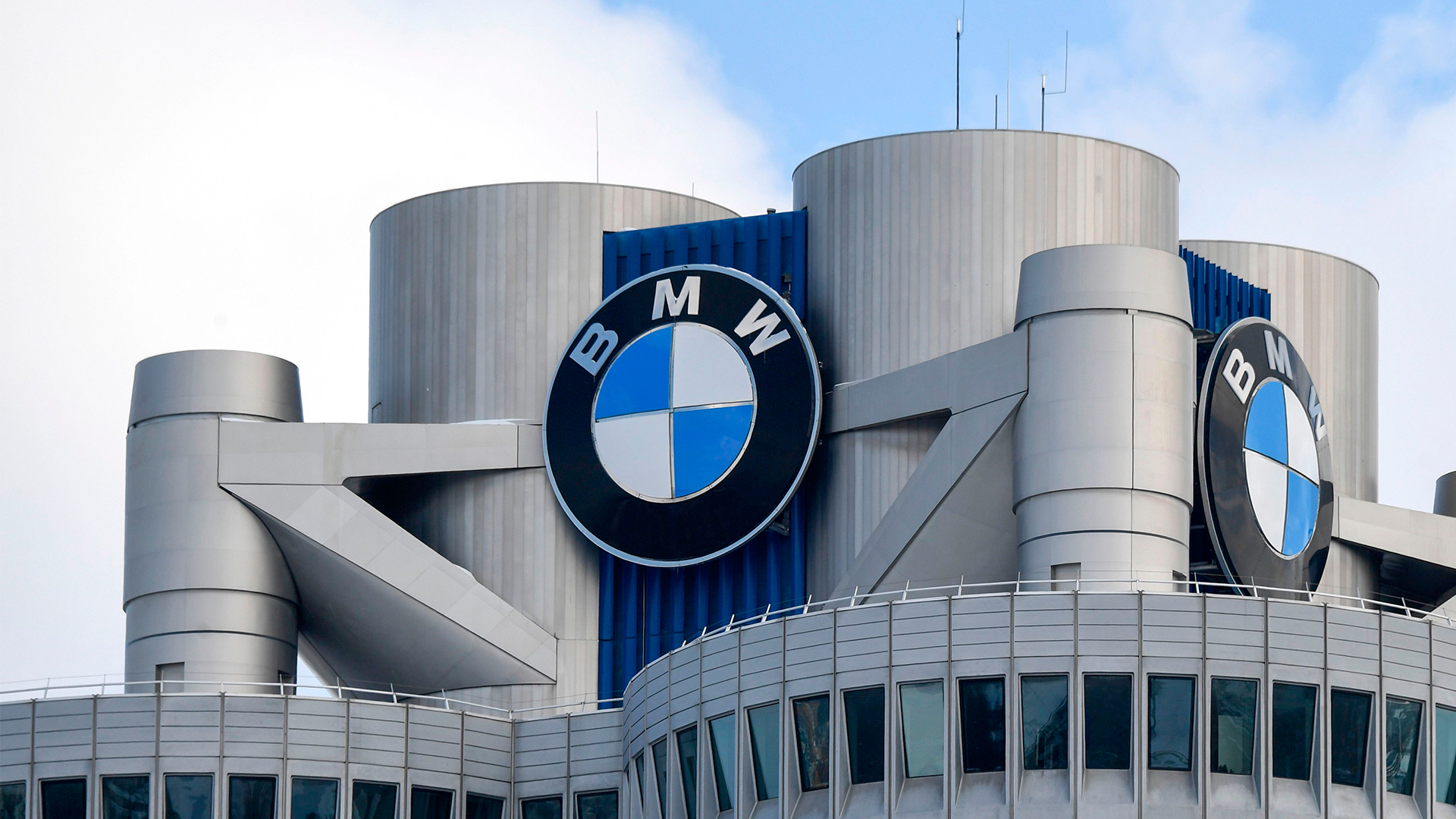

German authorities raided BMW’s Munich headquarters on Wednesday as a response to an alleged use of emission cheating devices, reports Reuters. This news comes after BMW previously “categorically reject[ed]” any wrongdoing or knowledge on the topic, yet the country’s prosecutors continued an investigation.
In addition to the headquarters in Germany, police also swept what is believed to be BMW’s engine assembly plant in Steyr, Austria. Authorities cited a separate investigation over suspected fraud against unknown persons.
In another statement, Reuters confirms that BMW stated that prosecutors were seeking information regarding incorrectly distributed software in its 750d and M550d vehicles. The auto manufacturer noted that the findings did not show any forms of targeted manipulation of emission control devices.
To add to the suspicion, BMW recalled 11,700 5-Series and 7-Series models in February after discovering that it had installed incorrect engine management software on the vehicles. The manufacturer noted that it had notified the relevant authorities of the mistake upon its findings.
Authorities mentioned an “early suspicion” of BMW’s use of an emissions defeat device in a written statement, similar to how Volkswagen’s scandal began in 2015. For VW, the devices in question were intended to manipulate mandatory emission regulations by changing software parameters when a car sensed that it was being tested. Other German manufacturers were believed to have been involved in the actions which lead up to VW developing its defeat device.
Authorities have previously alleged a collusion between German automakers developed as early as the ‘90s formed to fix the pricing of the design of emission components. Although BMW denied its involvement with the potential pact, this didn’t keep German news source Der Spiegel from pushing further allegations towards BMW regarding the involvement of its own emissions scandal. It was supposed that BMW’s engine management system injected improper levels of Diesel Exhaust Fluid (DEF) into its vehicles during normal operation, causing an increased level of emissions gasses above what is permissible by law.
No allegations have resulted in formal charges at this time, but this hasn’t kept German officials from continuing to investigate manufacturers for the claims. After Volkswagen’s costs eclipsed a staggering $30 billion, the country’s automakers have been doing everything in their power to promise a cleaner running car in hopes to avoid an all-out diesel ban. Many of them have since focused energy on electrified solutions, and some have stopped making diesel power plants altogether.